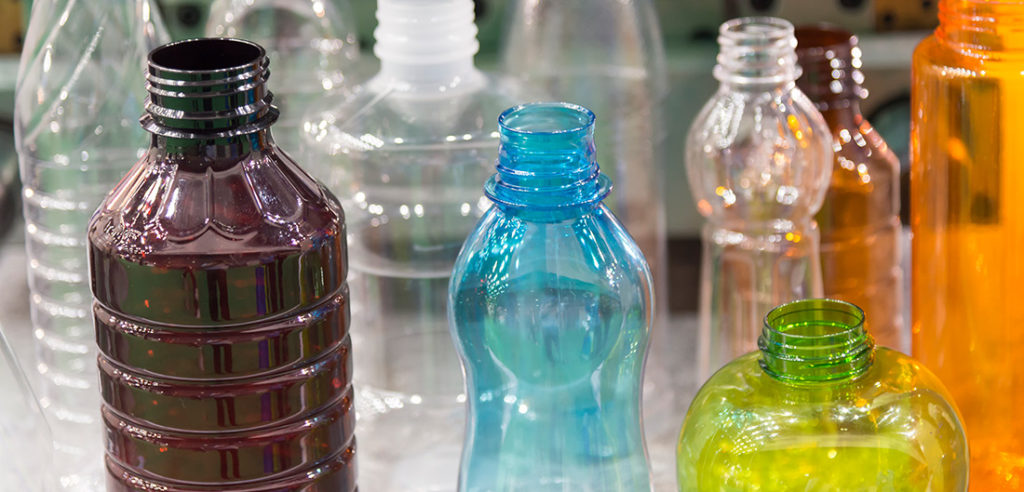 We’ve all seen the pictures on TV and social media of people stocking up on water before a natural disaster. Many times, store shelves usually full of water and other necessities are bare. Fortunately, there are steps you can take to ensure you and your family have clean, fresh and safe drinking water should you ever need it. Here are some tips to keep in mind when you store water:
We’ve all seen the pictures on TV and social media of people stocking up on water before a natural disaster. Many times, store shelves usually full of water and other necessities are bare. Fortunately, there are steps you can take to ensure you and your family have clean, fresh and safe drinking water should you ever need it. Here are some tips to keep in mind when you store water:
CHECK YOUR QUANTITIES
According to the Water Quality and Health Council, families should store at least one gallon of water per person, per day. The average person should drink at least two quarts of water every day. Children, nursing mothers, elderly family members and people in warmer climates may need more. It’s a good idea to also reserve water for personal hygiene and food preparation. The Federal Emergency Management Agency(FEMA) recommends storing water to last a minimum of three days. As a tip, one case of bottled water is about 4.6 gallons of water.
LOCATION, LOCATION, LOCATION
It’s important that you store your water in a cool, dark place. It’s important to keep the containers away from heat and light, which could cause the containers to leak. Don’t store water near substances like gasoline, kerosene or pesticides, as vapors from these materials could penetrate the plastic.
IT’S A DATE
Most commercially bottled water will have an expiration date on the bottles. Usually, they are good for up to one year. If you bottle your own water from the tap, it’s recommended that you replace this water every six months.
KNOW WHAT’S NOT SAFE
If you run out of your stocked water supply, there may be additional sources of water in your home, including melted ice cubes, water drained from the water heater faucet (only if the water heater hasn’t been damaged) as well as water from canned goods such as fruit and vegetable juices. According to the Water Quality and Health Council, you should never use water from radiators, hot water boilers, waterbeds and swimming pools or spas.
USE THE RIGHT CONTAINERS
If you’re bottling your own water containers, it’s important to use soft plastic, fiberglass or enamel-lined metal containers. Never use a container that has previously held toxic substances or substances that could breed bacteria (such as milk jugs). Regardless of the containers, it’s necessary to rinse each container out with a diluted chlorine bleach solution (one part bleach to ten parts water) before you fill up.
Keep these tips in mind when planning your water storage. Natural disasters can happen in all areas across the country, and it’s important to have a plan in place for life’s necessities. Your Erie Insurance agent can help you find the right coverage to help weather the storms. For more information about disaster preparedness, read these stories from the Eriesense blog:


